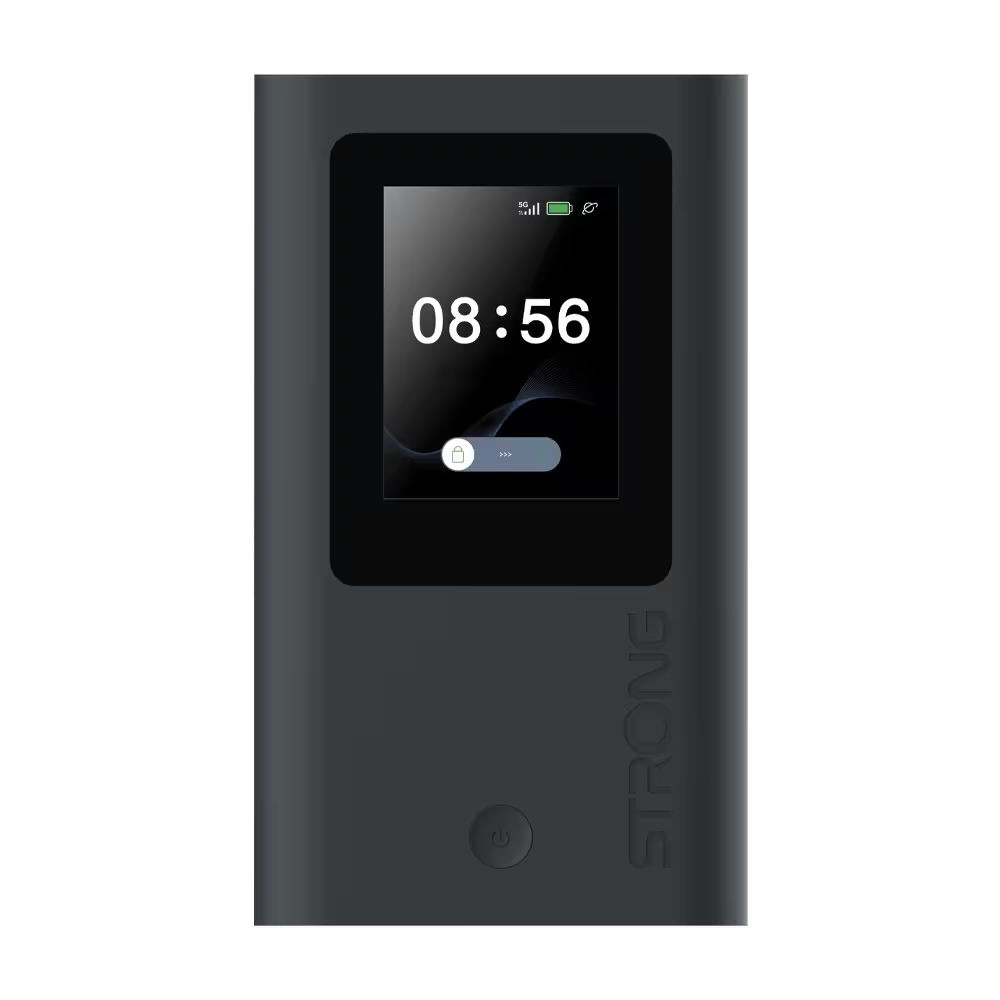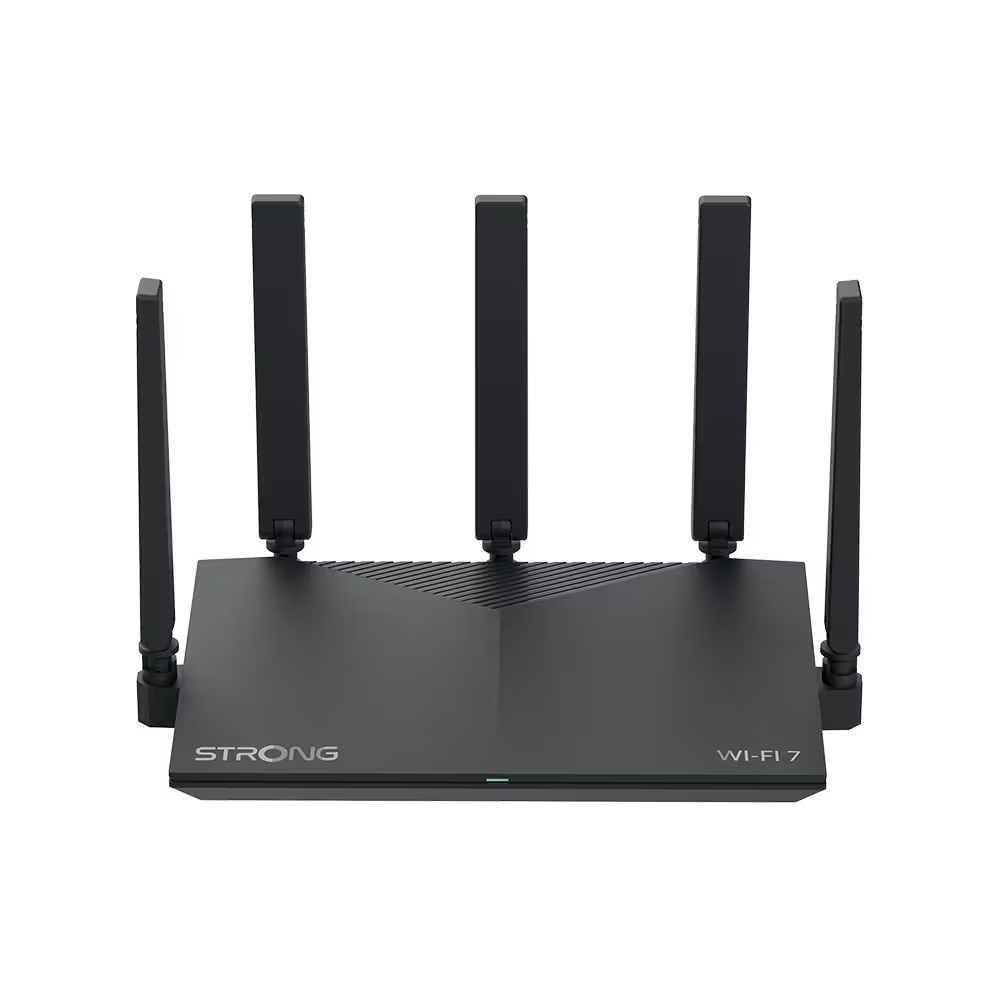What is Wi-Fi?
Wi-Fi (contraction of Wireless Fidelity) is “a local area network launched in 1997 that uses radio waves to wirelessly link several computer devices together to facilitate the transmission of data. Governed by the IEEE 802.11 standards, Wi-Fi is mainly used to connect devices (laptops, smartphones, tablets, etc.) to high-speed links.”
What is Wi-Fi 5?
Wi-Fi 5 (802.11ac), introduced in 2013, operates on the 5 GHz band and allows theoretical speeds of up to 3.5 Gbps. It uses technologies like 256-QAM modulation and MIMO to improve the speed and capacity of wireless networks, meeting the needs of HD streaming and online gaming.
What is Wi-Fi 6?
Wi-Fi 6 (802.11ax), launched in 2019, offers theoretical speeds of up to 9.6 Gbps and improves network efficiency in dense environments. With technologies like OFDMA and MU-MIMO, it allows more devices and users to connect simultaneously while extending battery life through better power management.
Wi-Fi 7: What’s New & Improved
Expected for 2024, Wifi 7 (802.11be) promises theoretical speeds of up to 40 Gbps. It introduces innovations such as CMU-MIMO and 320 MHz channels, aiming to revolutionize connectivity for applications like virtual reality and smart homes.
What are 802.11 Wi-Fi standards?
802.11 standards were defined to respond to Wi-Fi technology. These are made up of five digits (802.11) and one or more letters that differentiate each generation.
.avif)
What changes between the different standards:
- The maximum signal rate (in bit/s): It allows you to know the speed of the information transfer
- Signal range (in m): It allows you to know the geographical distance up to which it is possible to receive Wi-Fi
- Signal frequency (in GHz): Composed of short waves, it allows wireless operation of Wi-Fi. The two frequencies most used today are 2.4 GHz and 5 GHz.
- MIMO (Multiple-Input, Multiple-Output Technology): It makes the Wi-Fi signal more efficient by multiplying the number of radio waves used to transmit information. The waiting time is therefore reduced.

The initial IEE 802.11 Wi-Fi standard
The initial standard called the IEE 802.11 Wi-Fi standard was introduced in 1997. Its effectiveness was very limited. The latter had a range of 20m for a maximum speed of 2 Mb/s with the frequency 2.4 GHz and did not have MIMO technology.
The most commonly used IEE 802.11 Wi-Fi standards









.avif)

